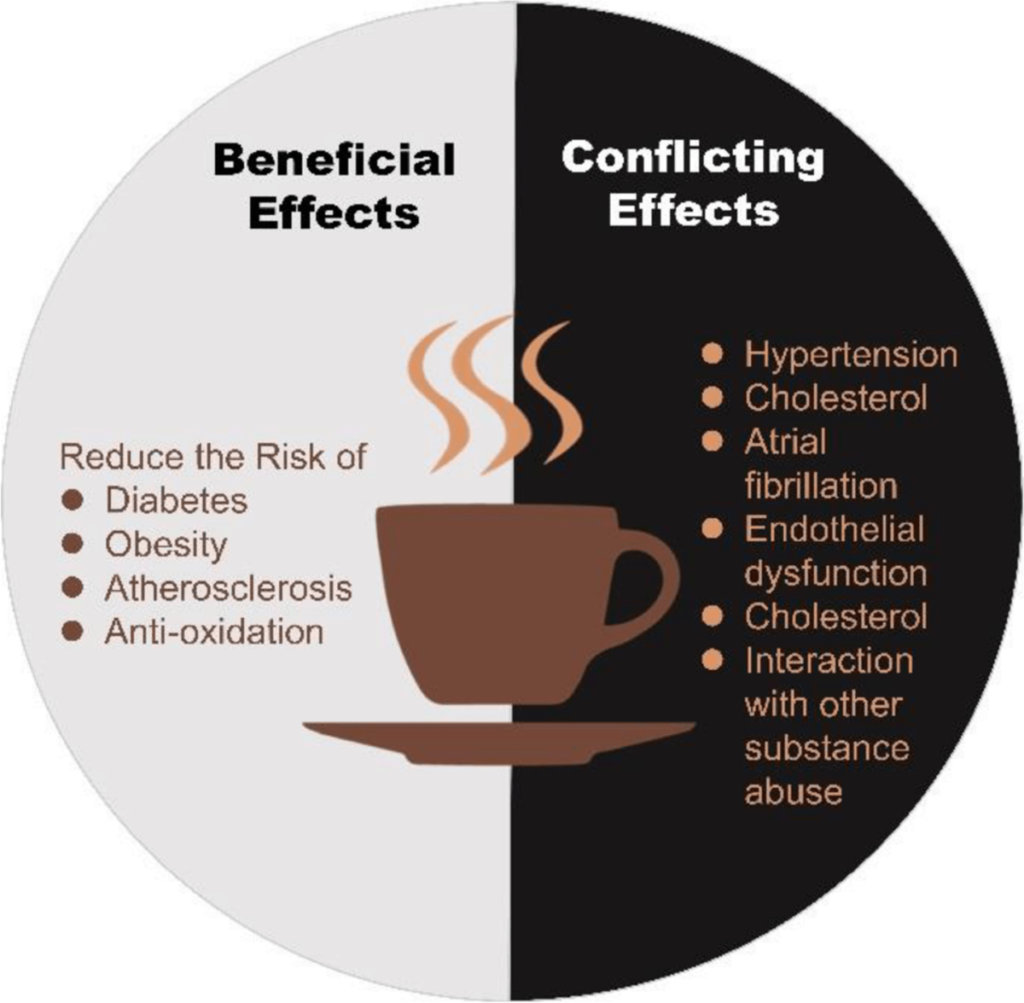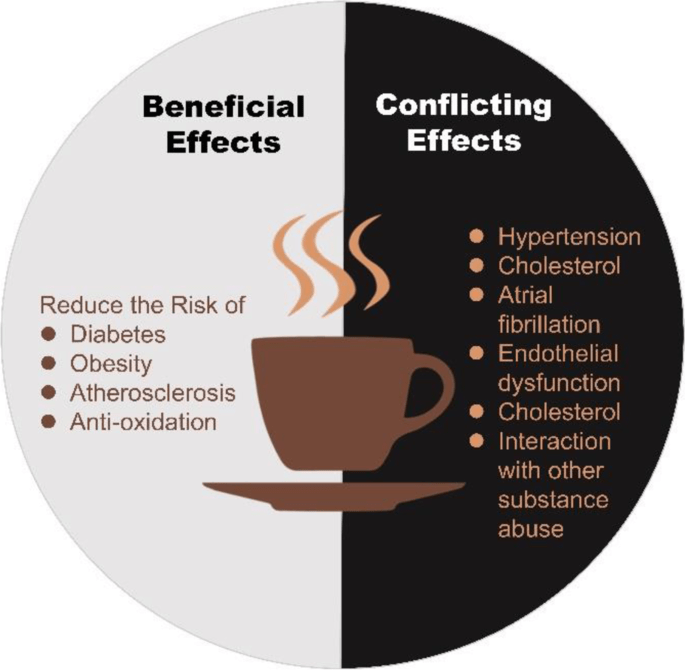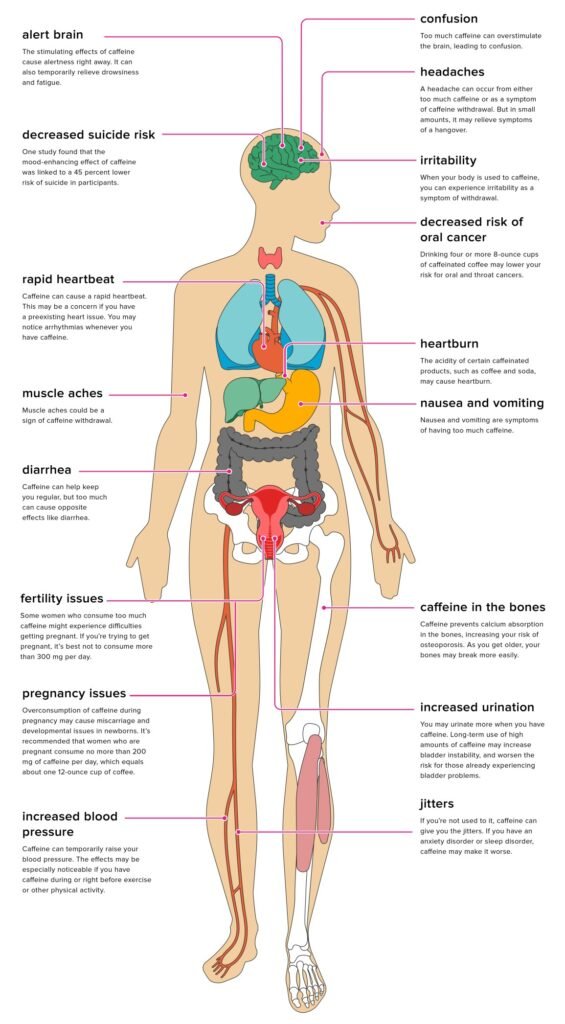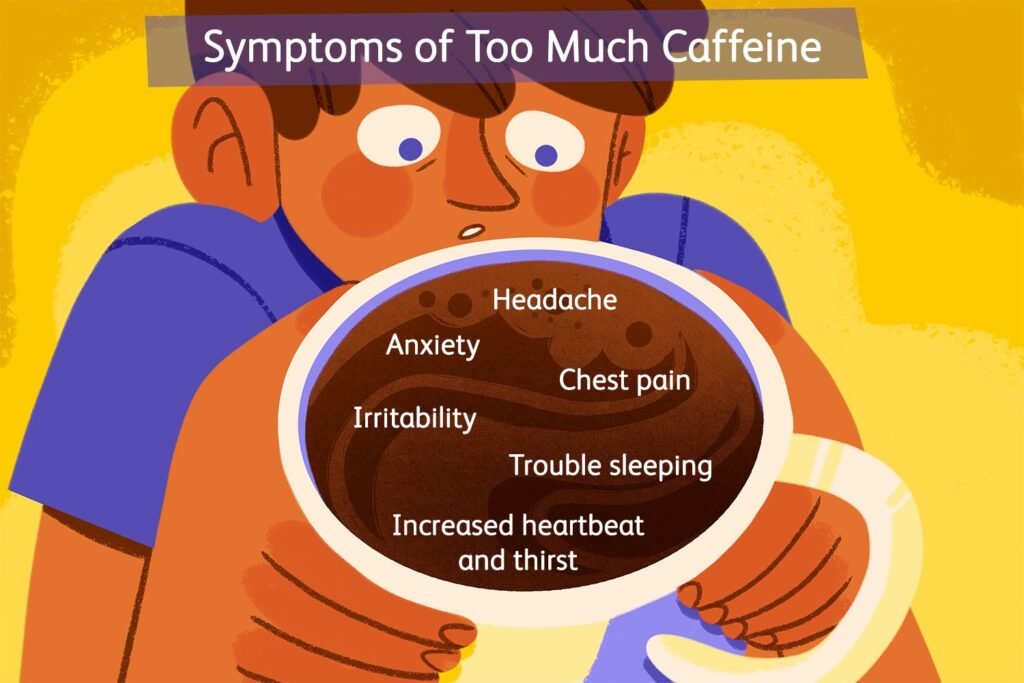Have you ever wondered what happens when men drink too much coffee? You’re not alone. Coffee is one of the most consumed beverages in the world, loved for its rich flavor and stimulating effects. However, the effects of excessive coffee consumption, particularly in men, can be more complex than you might think. Let’s take a deep dive into understanding what happens when moderation flies out the window.

The Popularity of Coffee
Coffee is ingrained in our culture, from morning rituals to social gatherings. It’s not just a drink but a lifestyle for many. Understanding its widespread appeal is the first step to appreciating why so many men might end up consuming more than they should.
Historical Background
Coffee has traveled a fascinating journey from ancient Ethiopian legends to global omnipresence. Its role in various cultures has solidified its place in daily life, making it more than just a beverage.
Consumption Statistics
Recent statistics show that about 64% of American adults drink coffee daily. Men, in particular, might find themselves reaching for multiple cups to power through their day. But what exactly are they consuming?
What is in Your Cup?
Before we delve into the effects, it’s essential to understand what makes up that steaming cup of joe. Each sip contains a complex mix of compounds, not just caffeine.
The Components of Coffee
Coffee isn’t just water and caffeine. It contains a variety of other ingredients like antioxidants, vitamins, minerals, and acrylamide, which may affect your health positively or negatively.
Caffeine: The Primary Culprit
Caffeine is the major component responsible for the stimulant effects of coffee. It acts on your central nervous system to make you feel more awake and alert, but it’s not without consequences when consumed excessively.
How Much is Too Much?
Defining “excessive” is subjective and varies from person to person. It depends on numerous factors, including age, genetic makeup, and overall health.
Daily Recommended Limits
The FDA suggests that most adults can safely consume up to 400 milligrams of caffeine per day, equivalent to about four cups of brewed coffee. Consuming more than this can lead to several adverse effects.
Individual Tolerance Levels
Tolerance to caffeine varies among individuals. Some might be able to handle six cups per day without any problem, while others might feel jittery after just one.
The Short-Term Effects
What happens immediately after you consume too much coffee? Let’s examine the short-term impacts.
Increased Alertness and Energy
Initially, coffee boosts your alertness and energy levels. This can be beneficial for staying awake and focused, but overconsumption may lead to unwanted side effects.
Jitters and Anxiety
Too much caffeine can make you feel jittery and anxious. It increases the release of adrenaline, causing your heart rate to spike and your senses to go into overdrive.
Digestive Issues
Coffee is a stimulant for your digestive system, but too much can lead to problems like acid reflux, upset stomach, and even diarrhea.

The Long-Term Effects
The long-term consequences of excessive coffee consumption are much more concerning. Let’s break them down in more detail.
Cardiovascular Health
Studies indicate that long-term excessive coffee consumption can contribute to cardiovascular problems such as hypertension, palpitations, and an increased risk of heart disease.
| Symptom | Description |
|---|---|
| High Blood Pressure | Persistent elevation in blood pressure levels |
| Palpitations | Irregular heartbeats |
| Increased Heart Risk | Higher chances of strokes and heart attacks |
Mental Health
Long-term coffee overconsumption can affect your mental well-being. Chronic anxiety, stress, and even depression can be aggravated by too much caffeine.
Sleep Disorders
Excessive coffee disrupts your sleep cycles, leading to insomnia or poor quality sleep. Poor sleep can result in decreased cognitive function and overall well-being over time.
Impact on Physical Performance
While coffee is often used as a pre-workout stimulant, too much of it can have adverse effects on your physical performance.
Short-term Boost
Caffeine can indeed provide a short-term boost in physical performance, enhancing endurance and strength. However, this effect is often temporary and followed by a significant drop in energy levels.
Long-term Decrease in Performance
Over time, excessive caffeine can lead to burnout, making it harder to sustain performance levels due to perpetual exhaustion and stress.

Digestive and Urinary System
Your digestive and urinary systems also take a hit when you consume too much coffee.
Acid Reflux and Stomach Ulcers
Overconsumption of coffee increases the production of stomach acid, which can lead to acid reflux and stomach ulcers.
Frequent Urination and Dehydration
Since coffee acts as a diuretic, excessive intake can lead to frequent urination, resulting in dehydration and loss of essential electrolytes.
Nutrient Absorption
Interestingly, drinking too much coffee can interfere with your body’s nutrient absorption abilities.
Calcium and Iron
High levels of caffeine can inhibit calcium and iron absorption, leading to deficiencies.
| Nutrient | Effect of Excessive Coffee |
|---|---|
| Calcium | Poor absorption, weaker bones |
| Iron | Poor absorption, anemia |

Dependency and Withdrawal
A significant component of excessive coffee consumption is the risk of dependency and subsequent withdrawal symptoms.
Psychological Dependence
Many people develop a psychological dependence on coffee, feeling that they cannot function without it.
Withdrawal Symptoms
When trying to cut back, withdrawal symptoms like headaches, irritability, and fatigue can make it a challenging ordeal.
Understanding Caffeine Metabolism
To grasp how excessive coffee consumption affects men specifically, it’s essential to understand how caffeine is metabolized in the body.
The Role of Genetics
Genetics play a crucial role in how quickly or slowly your body metabolizes caffeine. Some individuals are fast metabolizers, while others are slow, affecting their sensitivity to caffeine.
Liver Function
Your liver’s ability to break down caffeine also influences how it might affect you. A compromised liver can result in longer retention of caffeine in your bloodstream, leading to prolonged effects.

Special Considerations for Men
Men, due to biological and lifestyle factors, might experience different effects compared to women when it comes to excessive coffee consumption.
Hormonal Changes
Caffeine can affect hormone levels, particularly testosterone, and cortisol. Elevated cortisol levels can lead to increased stress, while dips in testosterone can affect overall vitality and sexual health.
Reproductive Health
Some studies suggest a link between excessive caffeine consumption and reduced sperm quality and count. This could be a crucial factor for men considering fatherhood.
| Effect | Impact on Men |
|---|---|
| Elevated Cortisol | Increased stress, fatigue, reduced testosterone |
| Reduced Sperm Quality | Lower sperm count, reduced fertility |
Practical Tips for Reducing Coffee Intake
If you identified with any of these issues and are considering reducing your coffee intake, here are some practical tips.
Gradual Reduction
Don’t quit cold turkey. Gradually reduce your coffee consumption to minimize withdrawal symptoms.
Substitutes
Consider drinking herbal teas, decaffeinated coffee, or other beverages to fill the void left by coffee.
Lifestyle Changes
Incorporate other lifestyle changes such as regular exercise, balanced diet, and proper sleep to improve your energy levels naturally.
Final Thoughts
Excessive coffee consumption in men can lead to a myriad of short-term and long-term health issues. While coffee has its benefits, moderation is key. Understanding your body’s tolerance and making mindful choices can help you enjoy coffee without falling into the trap of overconsumption.
Feel free to discuss with your healthcare provider if you have any concerns about your coffee habits. Remember, it’s not about giving up your beloved coffee entirely but finding a balance that keeps you healthy and energized.
Stay informed and make the best choices for your well-being!
